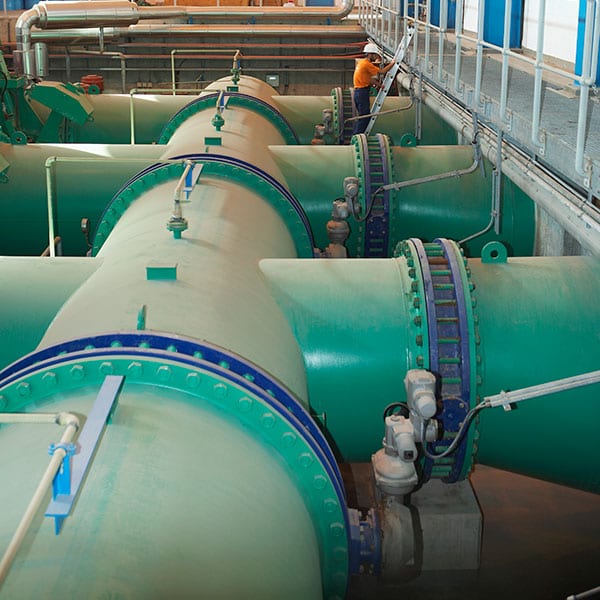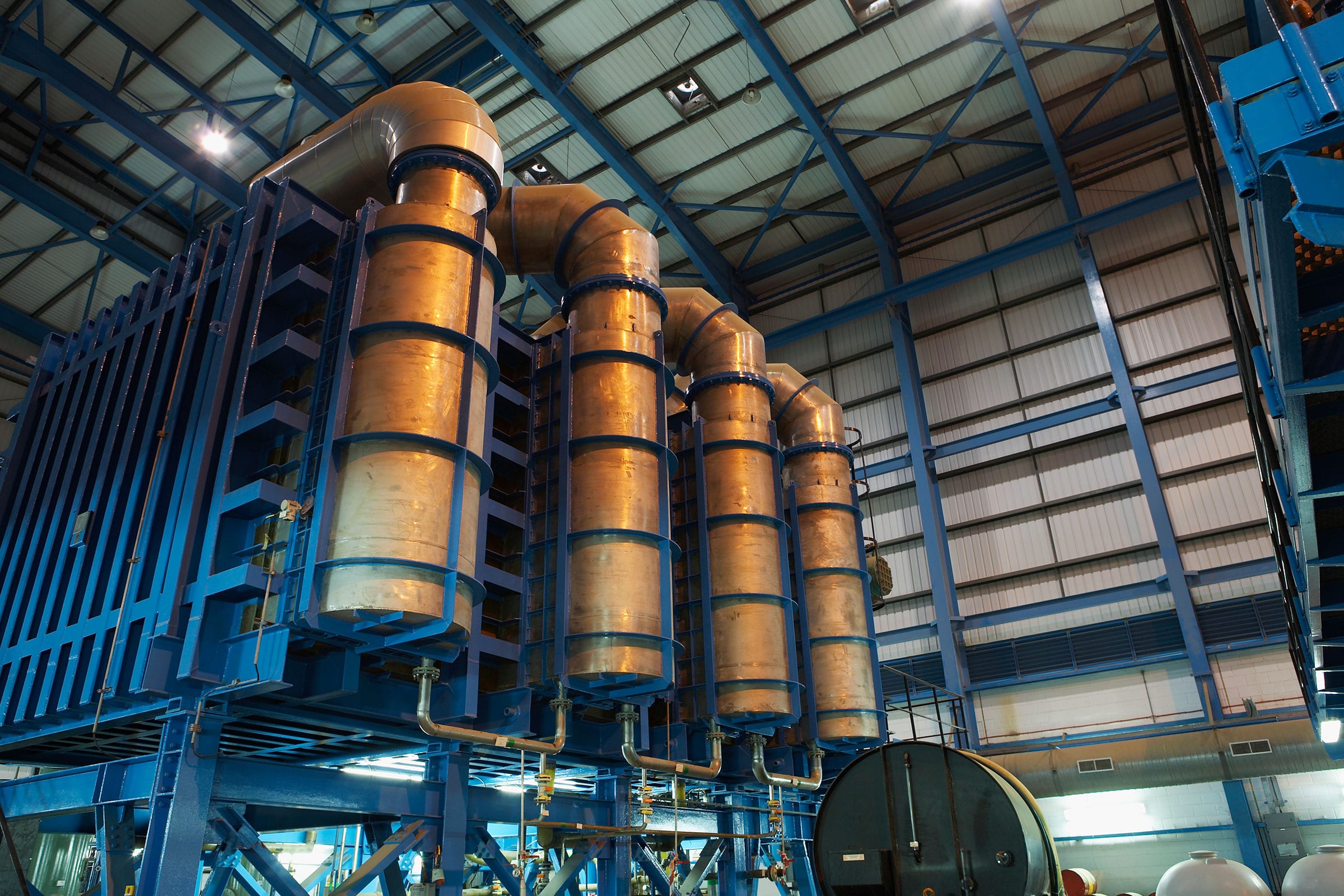When a boiler is up and running without any issues, regular maintenance and upkeep can sometimes go out the window. Even simple steps that can increase the lifespan and improve safety conditions, like cleaning, can lead to some severe inefficiencies and even dangerous boiler operations.
A little bit of debris, soot, or scale buildup can cause some serious issues down the line. Industrial boilers are, quite literally, well-oiled machines. It’s not too difficult to see efficiencies suffer even fairly early on. So what happens when these inefficiencies start to pile up? Well, the boiler has to do more work than it was intended to do, which causes expedited wear. Your boiler has to work harder to sustain its steam throw, air, or water temperature. Without proper maintenance, you’re taking away years from your equipment and likely causing some costly and otherwise unnecessary repairs.
As we said, the inefficiencies will become evident pretty quick. One way to tell if your maintenance routine isn’t up to par, or your boiler isn’t operating properly, are spikes in your fuel costs. The more your boiler has to work, the more fuel it will go through. The U.S. Department of Energy has a benchmark calculator you can use to determine savings from fuel efficiencies.
However, that’s not the only negative side effect of ignoring boiler cleaning and maintenance. Too much scale or soot accumulation can corrode your boiler’s tubes. Your boiler’s structure is then at risk and can become damaged to the point of expensive repairs, or even beyond repair. Complete tube failure can be a catastrophic symptom of ignoring necessary maintenance steps. You’ll inevitably end up spending far more on repairs or replacements than simple preventative maintenance would ever cost.
Your boiler’s lifespan and integrity are certainly at risk when you ignore maintenance steps, but so is your staff. Significant damage and harm can occur if equipment fails. Industrial boiler explosions can result in severe damage or the destruction of a facility, and can even result in casualties. Everyday boiler use leads to buildup, and it’s the responsibility of a facility to adhere to a rigid maintenance routine. So, what exactly goes into your average boiler maintenance schedule?
Understand Your Equipment
The first step in performing regular, safe, and successful maintenance is to have a robust understanding of your various equipment. Cleaning and maintaining will vary amongst different types of boilers, along with different components of individual boilers.
Firetube boilers should never be cleaned with water. The mixture of water and soot becomes acidic, which can lead to expedited wear. Clean firetube boilers with scrapers or rotating brushes to help loosen up the soot. Then, use a vacuum to get rid of any residual dust.
Watertube boilers are a bit more challenging to clean and maintain. The tubes in these boilers need to be able to bend; therefore, they cant be cleaned as easily. The most common method for cleaning water tube boilers is with air motors.
Keep An Eye On Facility Conditions
 You should be aware of the actual cause of ash, soot, or scale buildup for your boiler(s). Understanding the environmental conditions that contribute to buildup will help shape your cleaning and maintenance schedule. Two key factors to consider are what type of fuel you’re burning and the quality of your water.
You should be aware of the actual cause of ash, soot, or scale buildup for your boiler(s). Understanding the environmental conditions that contribute to buildup will help shape your cleaning and maintenance schedule. Two key factors to consider are what type of fuel you’re burning and the quality of your water.
Fuel Type
Different types of buildup and the speed in which it accumulates depend on different types of fuels. So, if you know your fuel type, you can often create a plan for how to clean and maintain your boiler. Coal, fuel oil, or medical waste buildup happens faster, which means they need to be cleaned and maintained more often. Natural gas boilers don’t tend to accumulate ash and soot nearly as fast; however, it still needs a regular maintenance schedule.
Water Quality
Water that is high in mineral deposits causes far more scale buildup. If possible, a water treatment plant should help eliminate the problem. However, this could depend on the needs of the facilities water — if your water treatment plan isn’t right, it could cause more cleaning to be needed.
Visual Inspection
Perhaps the best method for maintenance is to take a look for yourself. Visual inspections will help you gauge how much scale or buildup may be occurring if any at all. Taking note of the amount and location of where buildup is happening can help guide future maintenance efforts and also help identify the cause. Tools like video scopes can be of great help when evaluating the conditions of the tubes.
Even after you have cleaned equipment and tubing, and inspection should be done to look for any residual soot, ash, or scaling. Also, we recommend checking your tubes for weak points or damage.
Check Your Outputs
Moter boiler outputs are an indicator of performance, and if these numbers aren’t where they’re supposed to be — it may be time for a cleaning. Most boilers track CO2, 02, and flue gas exhausts. If properly monitored, this data can paint a picture of how a boiler is performing and inform maintenance decisions.
If for some reason this data isn’t available, monthly bills can paint a similar picture. Spikes or dips can be tell-tale signs of a boiler’s condition.
You May Need To Go Chemical
When brushes, scrapers, and air motors jut don’t get the job done, you might need to resort to chemical cleaning. Hard to reach spots also might pose an issue; therefore chemicals might be your best option. Chemical descalers dissolve debris and scale that has built up in the tubing and flush it out. However, to get the best results, you need to know exactly what kind of buildup or scale is in the tubing so that the chemical works.
Choosing The Right Boiler
There are many different types of boilers, for many kinds of applications. Choosing the right boiler can be a difficult task. Our representatives here at Lindberg Process Equipment can help lead you in the right direction.





